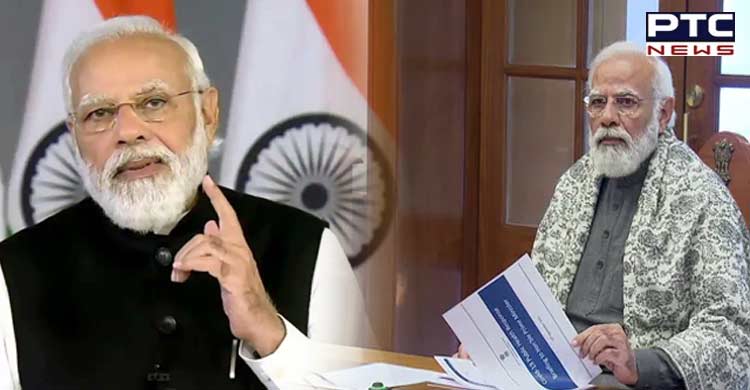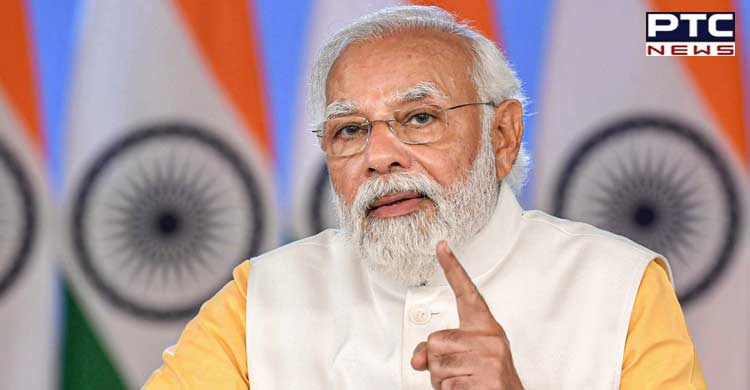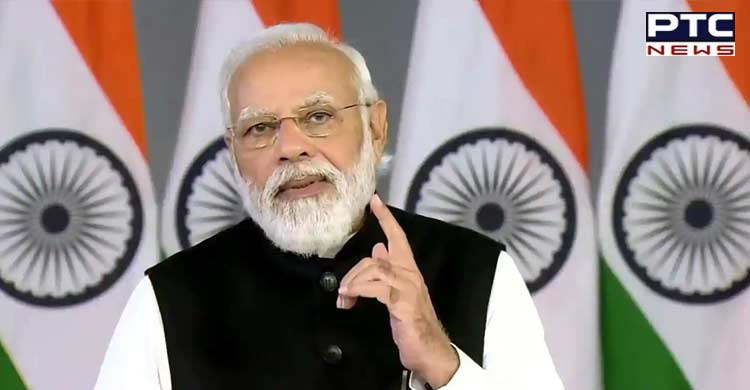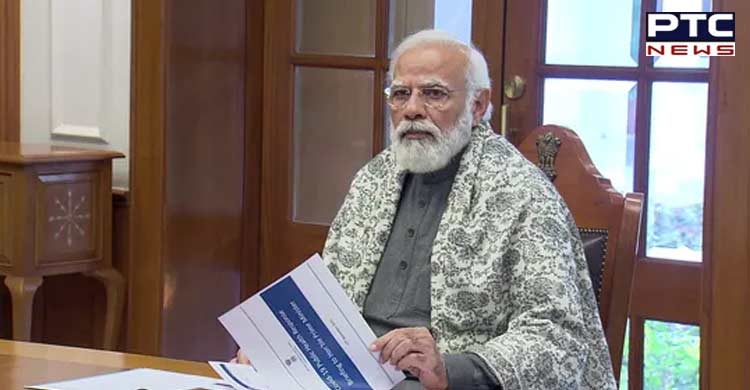New Delhi, May 4: Prime Minister Narendra Modi on Wednesday said India remained committed to meeting the needs of the poorest and the most vulnerable, by building the next generation of disaster-resilient infrastructure to realise their aspirations.



Committed to meeting needs of poor, vulnerable through infrastructure, says PM Modi
New Delhi, May 4: Prime Minister Narendra Modi on Wednesday said India remained committed to meeting the needs of the poorest and the most vulnerable, by building the next generation of disaster-resilient infrastructure to realise their aspirations.

 The Prime Minister said resilient work should be done towards a 'Resilient Infrastructure Transition'. Resilient infrastructure could also be the centre piece of their wider adaptation efforts. "If we make infrastructure resilient, we prevent disasters not only for ourselves, but for many future generations", he added.
The session was also addressed by Prime Minister of Australia, Scott Morrison, President of Ghana, Nana Addo Dankwa Akufo-Addo, Prime Minister of Japan, Fumio Kishida and President of Madagascar, Andry Nirina Rajoelina.
India is scaling-up the provision of fundamental services in India in the areas of education, health, drinking water, sanitation, electricity, transport and much more, said the Prime Minister. "We are also tackling climate change in a very direct way. That is why, at COP-26 we have committed to attain 'Net Zero' by 2070, in parallel with our developmental efforts," he said.
The Prime Minister said resilient work should be done towards a 'Resilient Infrastructure Transition'. Resilient infrastructure could also be the centre piece of their wider adaptation efforts. "If we make infrastructure resilient, we prevent disasters not only for ourselves, but for many future generations", he added.
The session was also addressed by Prime Minister of Australia, Scott Morrison, President of Ghana, Nana Addo Dankwa Akufo-Addo, Prime Minister of Japan, Fumio Kishida and President of Madagascar, Andry Nirina Rajoelina.
India is scaling-up the provision of fundamental services in India in the areas of education, health, drinking water, sanitation, electricity, transport and much more, said the Prime Minister. "We are also tackling climate change in a very direct way. That is why, at COP-26 we have committed to attain 'Net Zero' by 2070, in parallel with our developmental efforts," he said.
 Also Read | Chandigarh revokes its decision restricting unvaccinated students from attending classes
The Prime Minister talked about the importance of infrastructure in unleashing the human potential and said damage to infrastructure lead to lasting damage for generations. In this context, the Prime Minister asked "with modern technology and knowledge at our disposal, can we create resilient infrastructure that is built to last?"
Also Read | Chandigarh revokes its decision restricting unvaccinated students from attending classes
The Prime Minister talked about the importance of infrastructure in unleashing the human potential and said damage to infrastructure lead to lasting damage for generations. In this context, the Prime Minister asked "with modern technology and knowledge at our disposal, can we create resilient infrastructure that is built to last?"
 -PTC News
-PTC News
